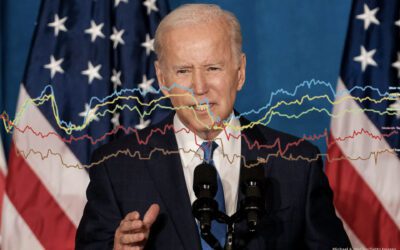On the occasion of the Supreme Court’s historic ruling to legalize gay marriage nationwide, Democracy Corps and the Human Rights Campaign release the results from a new survey of likely 2016 voters. This survey reinforces a finding that has been true since 2012: a majority of Americans support same-sex marriage.
These results also demonstrate the potential risk to national candidates bent on thwarting voters’ will on this issue. An impressive majority of voters, including key swing voters in the 2016 elections, say they are less likely to support a candidate for president who opposes marriage equality and four in ten voters say they are much less likely to support such a candidate.
This memorandum summarizes the results of a national telephone survey of 950 likely 2016 voters. In order to better reflect the changing habits and demography of the country, 60 percent of those interviewed for this survey responded using cell phones. The survey was conducted June 13-17, 2015 and carries a margin of error of +/- 4.38.
Key Findings
A majority of American voters support marriage equality.
This finding has been consistent in national polling since 2012 and some surveys show the majority reaching 60 percent.[1] In this survey, 57 percent support allowing gay and lesbian couples to marry, 43 percent strongly support these unions. Support for marriage equality reaches 60 percent among Independent voters, 49 percent among liberal moderate Republicans, 55 percent among women over age 50, 51 percent of non-college voters and 64 percent among Catholic voters. In the South, more voters support marriage equality (47 percent), than oppose (42 percent).
Voters could also carry this issue into the ballot box.
A 55 percent majority of voters are less likely to support a candidate for president who opposes allowing same-sex couples to marry, including 40 percent who strongly oppose. This majority includes Independents, married women and white millennials. All of these groups voted Republican in the last congressional election. Not surprisingly, voters who have an LGBT friend—30 percent of the American electorate—take this issue much more seriously. Among voters who know a gay or lesbian couple who have had marriage or commitment ceremonies—nearly half (47 percent) of American voters—73 percent are less likely to vote for a candidate for president who opposes marriage equality.

Conclusion
In February of this year, Republican candidate for President and Senator Ted Cruz introduced legislation protecting states aiming to ban marriage equality. This is not the first time reactionary forces invoked state’s rights to thwart progress on civil rights. But voters have already settled this issue. A majority support marriage equality and that majority is growing. Voters also make plain the political price, particularly among swing voters, of defying their majority on this issue.
[1] http://www.gallup.com/poll/183272/record-high-americans-support-sex-marriage.aspx




